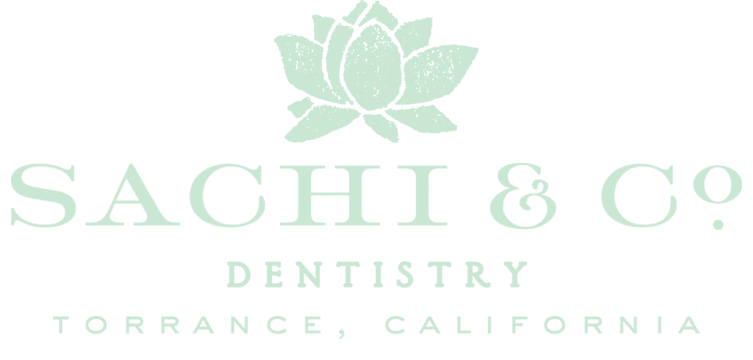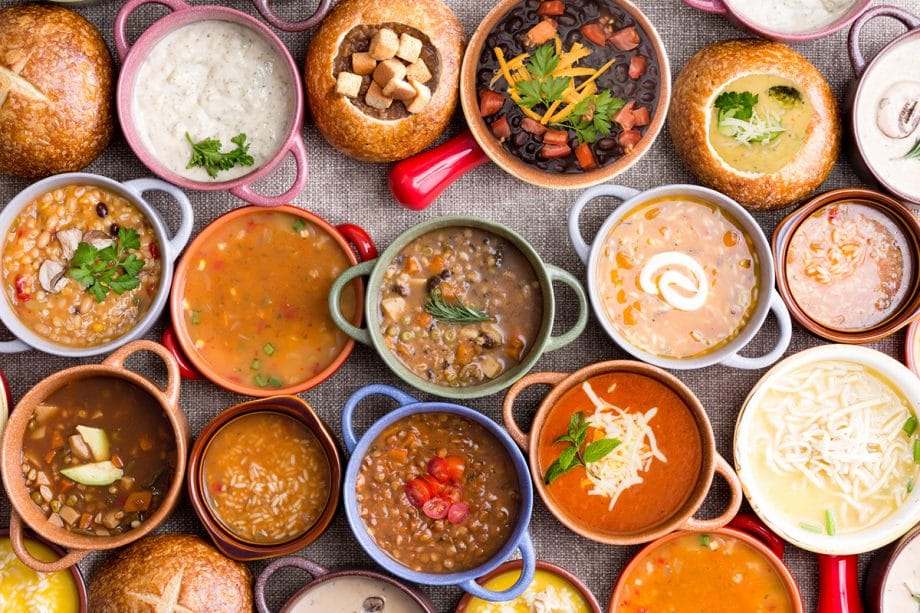You brush your teeth twice a day like you’re supposed to, don't smoke, and floss regularly. So why do you still have yellowing and stained teeth?! Stained teeth can be embarrassing and even make you look older than your actual age, but luckily, stains are easy to prevent and treat. Here are some of the most frequent causes of tooth discoloration.
Coffee
How could we write a blog post about tooth discoloration without starting with coffee? Most people know their morning cup of joe is most likely the culprit for the stains and yellowing on their teeth. Tannins, a naturally occurring substance present in many foods and drinks, cause yellow stains. These tannins have an astringent taste that you probably enjoy in your daily latte, but most of us could do without the discoloration they leave. Even a single cup of coffee each day can cause your teeth to become stained.
Tea
Unfortunately, switching your coffee with a cup of chai or Earl Grey won’t do you much good either. Teas usually contain tannins; surprisingly, black tea contains more tannins than coffee, making it more likely to cause tooth discoloration. Tannins can be found in herbal teas as well, but in smaller amounts than found in black tea or coffee.
Tomato Sauce
If you've ever stored pasta sauce in a plastic tub, you know that no amount of scrubbing will get rid of the orange tint afterwards. The same can be said for your teeth. Tomato sauce is acidic, which erodes the enamel on your teeth, and heavily pigmented, which stains them. Tomato sauce can contribute to tooth discoloration if consumed regularly.
Red Wine
It's easy to see why red wine is responsible for so many stained teeth: it's high in tannins, acidic, and heavily pigmented. Don’t think that means white wine doesn’t stain, though—white wine's acidity wears down the enamel, allowing stains to penetrate.
Balsamic Vinegar
If you want to drizzle balsamic vinaigrette over your next salad, you may be getting more than you bargained for. Balsamic vinegar has high acid content that wears away at tooth enamel, and its dark color can cause stains. Since balsamic vinegar is sticky, it clings to your teeth even after you've finished eating, which really helps those stains penetrate your enamel.
Simple Solutions to Fight Tooth Discoloration
Professional teeth whitening treatments have the most noticeable results in the shortest period of time. Once you’ve brightened your smile, you can maintain your results with a few simple changes. Here are some suggestions:
- If you don't want to completely eliminate coffee or tea from your life, reduce your consumption.
- Brush your teeth after eating or drinking something that causes stains, but not immediately after eating—this can actually spread acid and tannins throughout your mouth.
- Unable to brush your teeth at work or school? After drinking tea, coffee, or red wine, swish some water in your mouth to rinse your teeth.
- Don't slowly sip your coffee or tea all morning. It's best to drink it all at once and then rinse.
- Drink through a straw when possible.
Learn More About Teeth Whitening
If you’d like to learn more about teeth whitening, contact us today at 310-530-9893 to schedule an appointment for a consultation.


